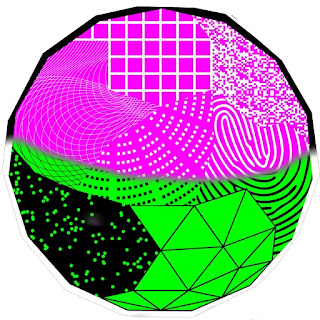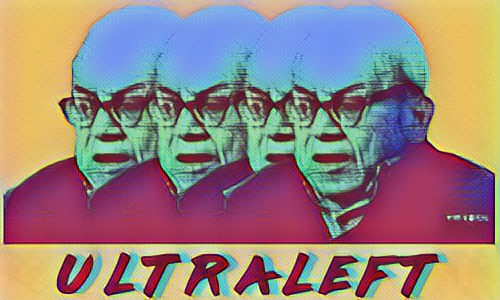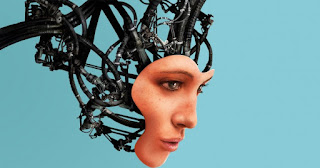Dimensions of Citizenship
We must value Marxism and Anarchism, but move beyond Marxism and Anarchism in order for alt-centrism to progress humanity. We must move beyond Marx in regard to socialism as the next evolutionary stage of humanity. In Marxism, there was never the revolutionary potential of a workers’ movement due to the training of workers to adapt to industrial life rather than overthrow it. Marx believed that the factory would be the embryo of the worker’s revolution but this is mere adaptation to the capitalist system rather than transformation. For the next stage of evolutionary development, revolutionaries should relate to each other as citizens who have many roles in social life.
No longer dependent on a means of relating to one another as class or economic citizen but as whole persons. This idea of citizenship is not to be contained to conventional political arbitrations of who is a citizen and who is not a citizen. Instead we should think of ourselves as citizens of Heaven and Earth. When we look into the foundations of an unfolding dialectic we understand that the movement of the cosmos is towards ever greater complexity and creativity. In this instance, humanity itself is an unfolding of consciousness of the cosmos. With this dialectic unfolding, we should envision ourselves as relating to each other as citizens in the highest order - cosmic citizens.
It is time for a project beyond Marxism and beyond Anarchism. Below is an except from Murray Bookchin in an essay The Future of the Left.
"Marxist productivism and anarchist individualism have both led to blind alleys,
albeit widely divergent ones. Where Marxism tends to overorganize people into
parties, unions, and proletarian “armies” guided by elitist leaders, anarchism
eschews organization and leaders as “vanguards” and celebrates revolutionism as
an instinctive impulse unguided by reason or theory. Where Marxism celebrates
technological advances, without placing them in a rational, ethical, and ecological
context, anarchism deprecates sophisticated technics as the demonic parent of the
“technocratic man,” who is lured to perdition by reason and civilization.
Technophilia has been pitted against technophobia; analytical reason against raw
instinct; and a synthetic civilization against a presumably primeval nature.
The future of the Left, in the last analysis, depends upon its ability to accept what is valid in both Marxism and anarchism for the present time and for the
future that is coming into view. In an era of permanent technological revolution,
the validity of a theory and a movement will depend profoundly on how clearly it
can see what lies just ahead. Radically new technologies, still difficult to imagine,
will undoubtedly be introduced that will have a transformative effect upon the
entire world. New power alignments may arise that produce a degree of social
disequilibrium that has not been seen for decades, accompanied by new weapons
of unspeakable homicidal and ecocidal effects, and a continuing ecological crisis.
But no greater damage could afflict human consciousness than the loss of the
Enlightenment program: the advance of reason, knowledge, science, ethics, and
even technics, which must be modulated to find a progressive place in a free and
humane society. Without the attainments of the Enlightenment, no libertarian
revolutionary consciousness is possible. In assessing the revolutionary tradition, a
reasoned Left has to shake off dead traditions that, as Marx warned, weigh on the
heads of the living, and commit itself to create a rational society and a rounded
civilization."




Comments
Post a Comment